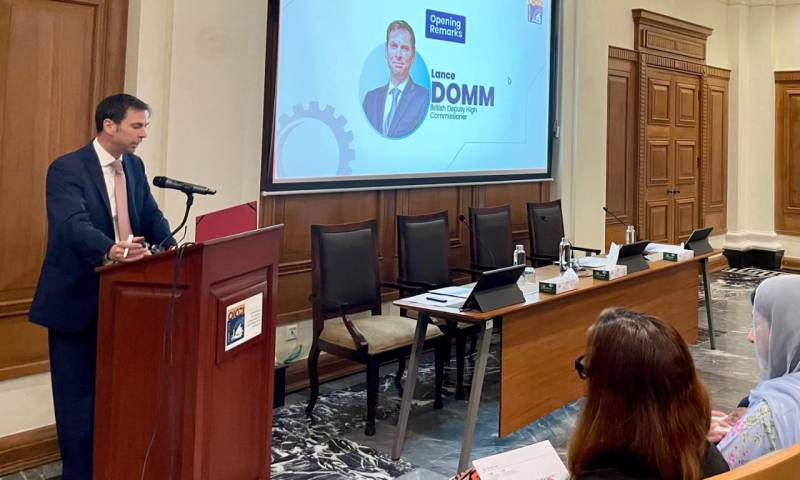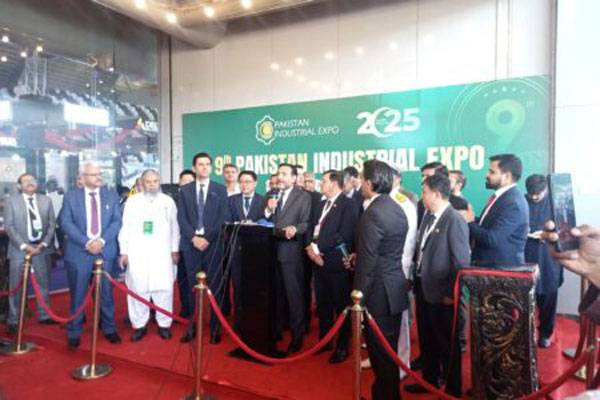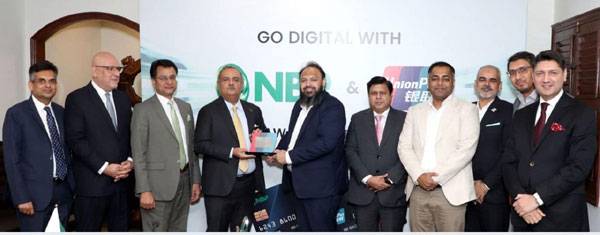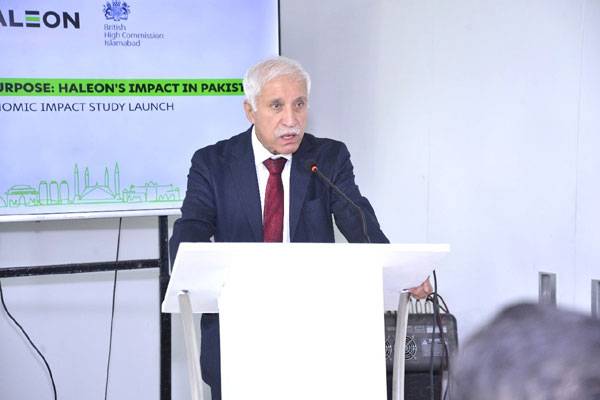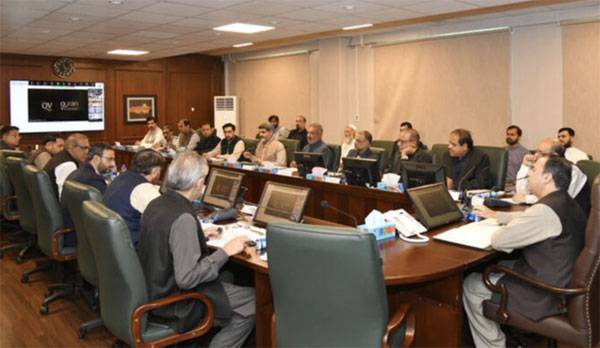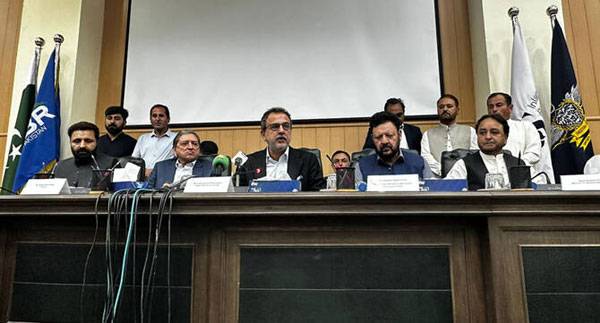

To partially waive federal taxes on goods imported through Sost border for local consumption.
ISLAMABAD – In a significant development to end weeks of deadlock and revive cross-border trade, the federal government and the Gilgit-Baltistan (GB) Traders Association have reached an agreement to partially waive federal taxes on goods imported through the Sost border for local consumption in the region.
In a press conference on Wednesday, Federal Minister for Power Awais Leghari announced various tax exemptions including relief from federal levies such as sales tax, income tax, and excise duty on goods imported for local consumption. Flanked by Chief Minister of Gilgit-Baltistan, Haji Gulbar Khan and representatives of Gilgit-Baltistan’s traders’ bodies, Leghari said that the committee constituted by Prime Minister Shehbaz Sharif on August 17, finalized practical and consensus-based recommendations in just one and half month which have now been approved by the Prime Minister.
Notably, trade at the Sost Dry Port had been suspended as GB traders protested, demanding exemptions from federal taxes and the right to freely import goods from China for local consumption. The standoff prompted Prime Minister Shehbaz Sharif to form a 22-member committee- on August 17, headed by Leghari to resolve the issue. Talks were attended by Federal Minister for Power Awais Leghari, FBR Chairman Rashid Mahmood Langrial, representatives of the GB government, and local traders.
Announcing the agreement, Leghari said the government would not collect sales tax, income tax or federal excise duty on imports through Sost, provided the goods are consumed within GB. This decision will directly benefit the people of Gilgit-Baltistan. FBR chairman confirmed that customs duty and regulatory duties would still apply. He said the exemption would be limited to local firms owned by GB residents and to goods listed in a jointly developed positive tariff schedule. The value of exemptions will be capped at Rs4 billion annually. Imports will be processed on a first-come, first-served basis through a digital quota system on Pakistan Customs’ WeBOC platform. The GB government will verify importers and manage allocations. To ensure transparency, details of tax-exempt imports — including importer names and product categories — will be published on the websites of the FBR and the GB government. Authorities stressed that traders must file accurate declarations and that misdeclaration or unauthorized resale outside GB would trigger penalties and possible legal action. The scheme will be reviewed every two years, or earlier if required. Disputes will be settled first through mutual consultation, and if unresolved, under the Arbitration Act of 1940. The agreement also allows for the clearance of previously stuck consignments at Sost, addressing a long-standing grievance of the trading community. Leghari noted that the approved measures would help address hurdles in imports, exports, and transit trade, while creating a better environment for the business community. “This is a significant addition to Pakistan’s economic history, reflecting the vision of inclusive development,” he remarked. He reiterated the government’s resolve to continue working closely with the people of Gilgit-Baltistan for their prosperity and integration in national progress. Chief Minister of Gilgit-Baltistan, Haji Gulbar Khan underscored the importance of implementing the signed agreement in both letter and spirit to ensure its full benefits are realized across Gilgit-Baltistan. While terming it a significant step towards economic empowerment of Gilgit-Baltistan, he urged the federal government to ensure timely execution of the announced measures.


